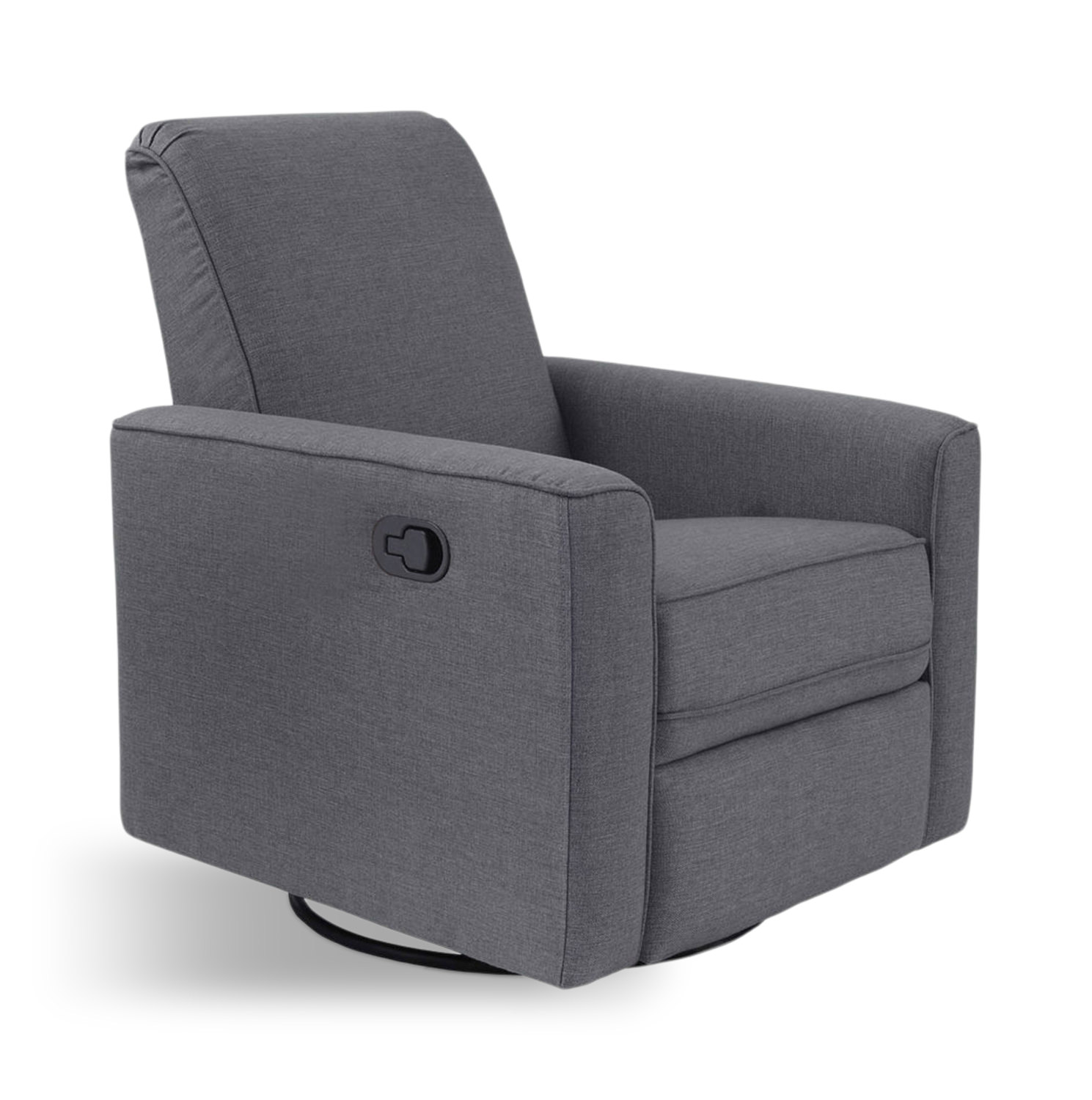
Hot Water Harmony: Essential Tips for Water Heater Maintenance
Maintaining your water heater is crucial for ensuring a consistent and efficient supply of hot water in your home. In this comprehensive guide, we’ll take you through essential tips and best practices to keep your water heater in top condition, providing you with hot water harmony for years to come.
Checking for Leaks and Inspecting the Pressure Relief Valve
Regularly inspecting your water heater for leaks is a fundamental step in maintenance. Check around the base and connections for any signs of water. Additionally, test the pressure relief valve by lifting and lowering the lever. This helps ensure proper functioning and prevents potential safety hazards. If there are any issues, it’s advisable to consult a professional for repairs.
Flushing the Tank to Remove Sediment
Over time, sediment can accumulate at the bottom of your water heater tank, affecting its efficiency. Periodically flushing the tank helps remove sediment, allowing the heating element to work more effectively. Attach a hose to the drain valve, turn it off, and let the water run until it appears clear. This simple task contributes significantly to the longevity of your water heater.
Inspecting the Anode Rod and Replacing if Necessary
The sacrificial anode rod plays a crucial role in preventing corrosion inside your water heater tank. Periodically inspect the rod for signs of corrosion or wear. If it’s more than 50% depleted or shows significant signs of rust, consider replacing it. A new anode rod helps extend the life of your water heater by protecting it from rust and deterioration.
Checking the Temperature and Adjusting if Needed
Maintaining the correct water temperature is not only crucial for comfort but also for energy efficiency. Set your water heater temperature to a safe and efficient level, typically around 120 degrees Fahrenheit (49 degrees Celsius). This helps prevent scalding and reduces energy consumption. Consult your water heater manual for instructions on adjusting the temperature.
Insulating Hot Water Pipes and the Tank
To improve energy efficiency and reduce heat loss, consider insulating both your hot water pipes and the water heater tank. Pipe insulation helps retain heat as hot water travels to your faucets, reducing the need for the water heater to work harder. Insulating the tank itself minimizes standby heat loss, optimizing energy consumption.
Checking for Unusual Noises and Addressing Issues
Unusual noises coming from your water heater, such as popping or banging sounds, may indicate sediment buildup or other issues. Regularly listen for any unfamiliar sounds and address them promptly. Flushing the tank, as mentioned earlier, is often an effective solution to eliminate sediment-related noises. If problems persist, consult a professional for a thorough inspection.
Inspecting the Gas Burner or Heating Element
For gas water heaters, inspecting the burner is crucial for optimal performance. Ensure the flame is blue and steady, indicating efficient combustion. If the flame is yellow or irregular, it may indicate a problem that requires professional attention. Electric water heaters should have a clean heating element. If you notice signs of corrosion or scaling, consult the manual for guidance on cleaning or replacing the element.
Regularly Checking for Corrosion and Rust
Corrosion is a common issue in water heaters, particularly in areas with hard water. Regularly inspect the tank and connections for any signs of rust or corrosion. If you notice corrosion, it’s essential to address it promptly to prevent leaks and ensure the longevity of your water heater. Consult with a professional if you’re uncertain about the severity of the corrosion.
Conducting Annual Professional Inspections
While many aspects of water heater maintenance can be performed by homeowners, an annual professional inspection is highly recommended. A qualified technician can conduct a thorough examination, identify potential issues, and perform any necessary repairs or adjustments. This proactive approach helps catch problems early, preventing costly repairs or premature water heater replacement.
Exploring Funding Options for Home Maintenance
Considering water heater maintenance or other home improvement projects? Explore funding options at fundyourpurpose.org. This platform provides valuable insights and resources to help you achieve your home improvement goals, ensuring the comfort and efficiency of your living space.
Conclusion: Prolonging the Life of Your Water Heater
By following these essential tips for water heater maintenance, you can prolong the life of your appliance, enhance its efficiency, and ensure a reliable supply of hot water in your home. Regular inspections, flushing the tank, and addressing issues promptly contribute to a harmonious relationship with your water heater. Invest time in these maintenance practices, and enjoy the benefits of a well-maintained and efficient water heating system for years to come.










